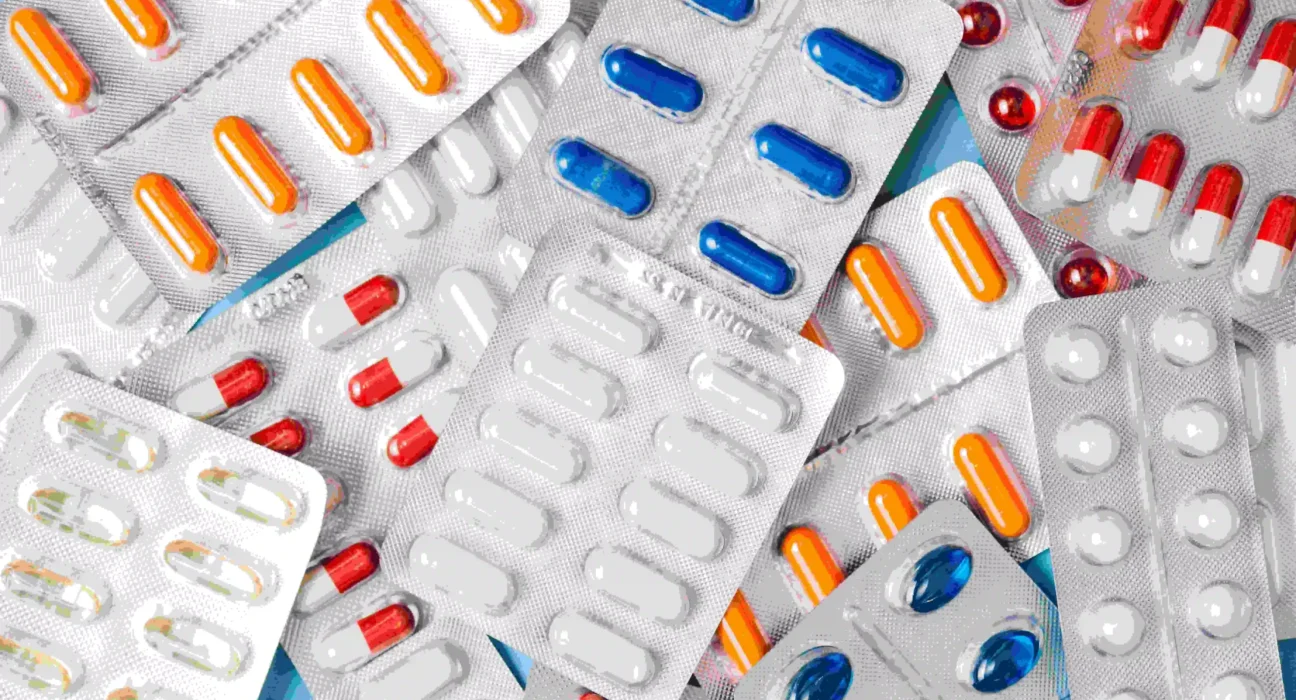Top 10 Medicines to Control High Cholesterol

Hypercholesterolemia, also known as high cholesterol, is a medical condition that can bring about severe illnesses like heart disease and stroke. It is important to note that proper cholesterol management is important to a person’s overall well-being. Here is a list of the ten most commonly prescribed drugs for high cholesterol. The following medications can be useful in the reduction of LDL cholesterol levels, the increase in HDL cholesterol, or the reduction of triglycerides.
1. Atorvastatin (Lipitor)
Lipitor is one of the popular statins that is widely used in medical practice today, with the generic name Atorvastatin. It achieves this through the blocking of an enzyme important in the cholesterol synthesis process in the liver known as HMG-CoA reductase. Therefore, by lowering the LDL levels and causing a slight elevation of the HDL levels, Atorvastatin greatly decreases the threat of heart disease or stroke.
2. Rosuvastatin (Crestor)
Another one is rosuvastatin, or Crestor, which has a very powerful impact on the concentration of low-density lipoprotein cholesterol and triglycerides and, at the same time, increases high-density lipoprotein cholesterol. In particular, it is used in cases where severe cholesterol lowering is required. This makes it stretch its effect for a long time, and due to its strong potency, many medical practitioners prefer it.
3. Simvastatin (Zocor)
Zocor is a sort of statin medication that is in charge of lowering cholesterol levels in the body, particularly in the liver. It is also prescribed to many types of patients, including those with high LDL cholesterol and those who are potentially susceptible to cardiovascular diseases. The proper utilization of Simvastatin can help reduce the incidence of heart attacks and KSO.
4. Pravastatin (Pravachol)
The other effective statin is known by the trade name Pravachol, and it is chemically called Pravastatin. It is considered to have fewer severe side effects than most other statins and can therefore be given to those who cannot tolerate stronger drugs.
5. Lovastatin (Mevacor)
Mevacor, or Lovastatin, is one of the oldest statins and is still very efficient in combating high cholesterol. Being a statin drug, it is used like the other statins through the inhibition of cholesterol synthesis in the liver. However, for the extreme cholesterol need for moderate reduction, lovastatin is the most appropriate drug to be administered to the patient.
6. Ezetimibe (Zetia)
Once marketed by Merck & Co., Inc. and Schering-Plough, Ezetimibe is known as Zetia, which is a cholesterol absorption inhibitor. Unlike statins, which inhibit the biosynthesis of cholesterol, ezetimibe is known to act by inhibiting intestinal absorption of cholesterol. It can be taken by itself or together with saturated cholesterol to achieve better management of the compound.
7. Fenofibrate (Tricor)
Fenofibrate, known by the brand name Tricor, is commonly prescribed for the treatment of hypertriglyceridemia. It also has the beneficial effect of raising the amount of HDL cholesterol. E-favorite combined with statins is used for mixed dyslipidemia, which is defined by the presence of high triglycerides and low HDL cholesterol.
8. Niacin (Niaspan)
Niacin, often sold as Niaspan, is a form of vitamin B3 that aids in the reduction of bad cholesterol, increases good cholesterol, and reduces triglycerides. In particular, it was found useful for elevated levels of triglycerides, which are seen in the patient. However, it may lead to side effects such as flushing; hence, such drugs are more often used under controlled medical advice.
9. Gemfibrozil (Lopid)
Another fibrate drug commonly used is gemfibrozil, branded under the name Lopid, which chiefly focuses on the regulation of triglycerides. It also tends to raise the levels of high-density lipoprotein cholesterol. Apart from that, gemfibrozil is used in patients with very high levels of triglycerides who also might experience pancreatitis.
10. Omega-3 Fatty Acids (Lovaza)
Lovaza, which contains omega-3 fatty acids, is the drug used to reduce triglycerides. These supplements will include EPA and DHA, which are two omega-3 fatty acids known to possess the capability of actually reducing triglyceride levels and having other effects on the health of the heart.
Conclusion
The control of high cholesterol greatly helps in avoiding grave complications, including coronary artery disease and stroke. The following 10 medicines common for the regulation of cholesterol consist of statins, cholesterol absorption inhibitors, fibrates, and omega-3 fatty acids. However, one should never be advised to seek the opinion of a doctor on the right medication, depending on one’s condition.
Other Recommendations for Lowering Cholesterol
Cholesterol management can be done with the help of medication, but it was also found that lifestyle alterations are also effective in managing cholesterol levels. Here are some tips to complement your treatment plan: Here are some tips to complement your treatment plan:
Healthy Diet: Intake more vitamin-rich foods such as fruits, vegetables, whole grains, and lean meats.
Regular Exercise: Try to get a minimum of 30 minutes of moderate exercise at least five to six days a week.
Quit Smoking: Smokers must quit smoking as it helps raise HDL cholesterol and boost heart health.







